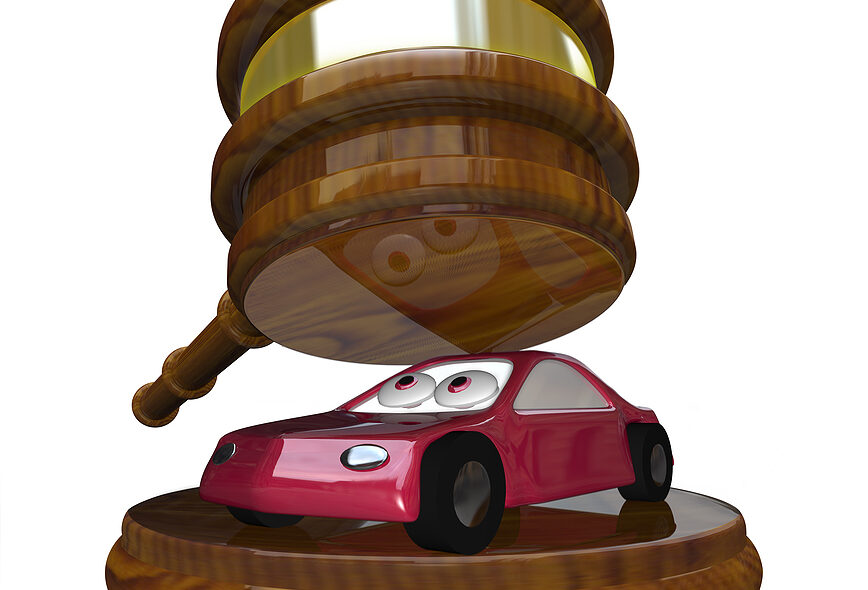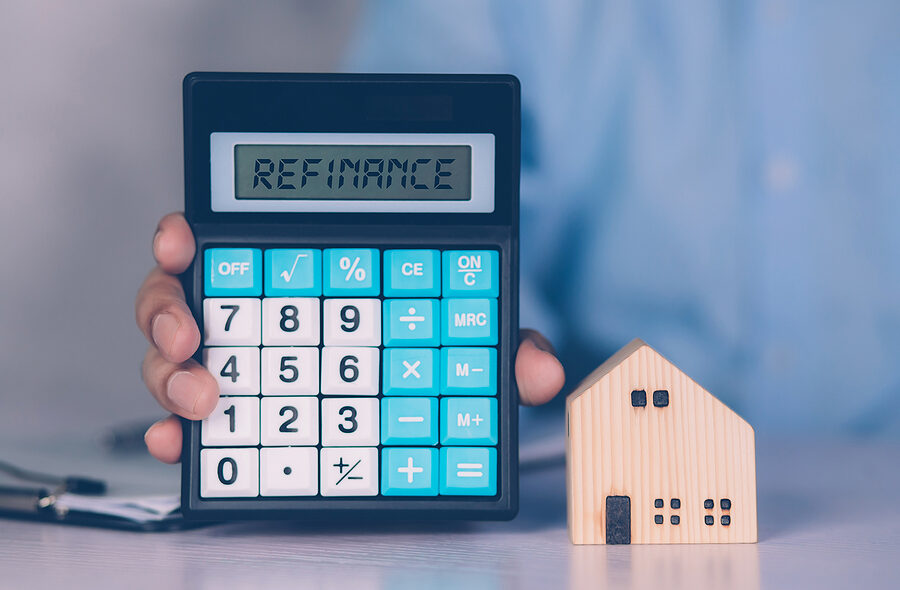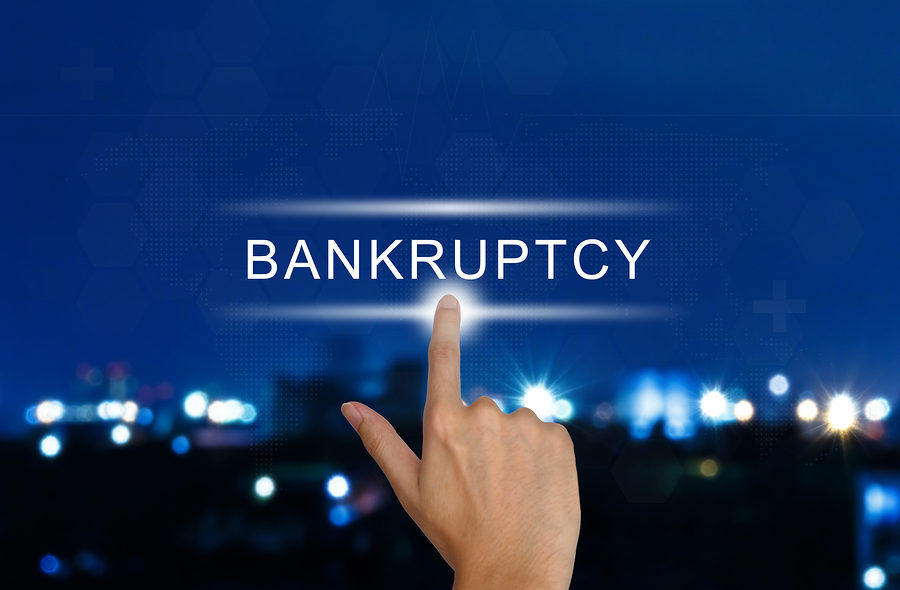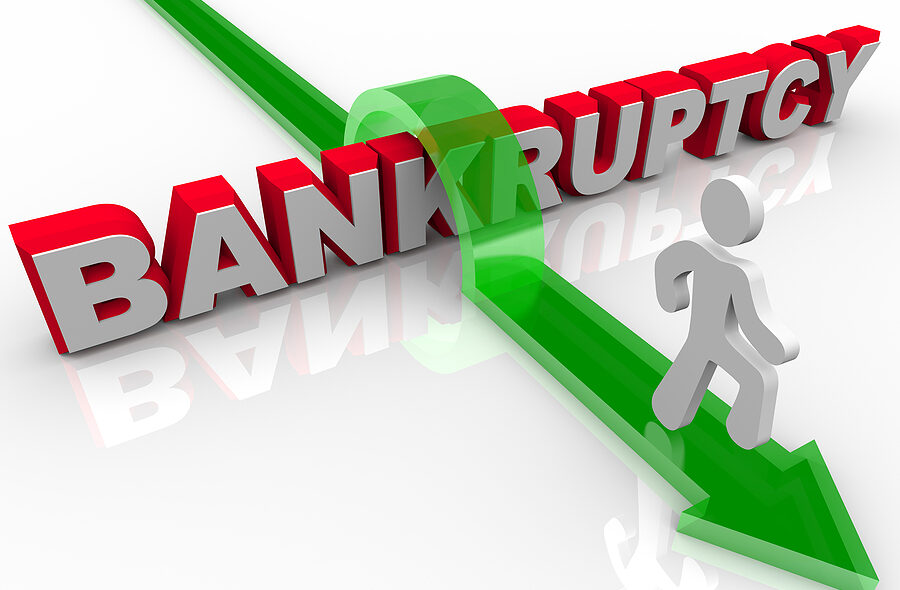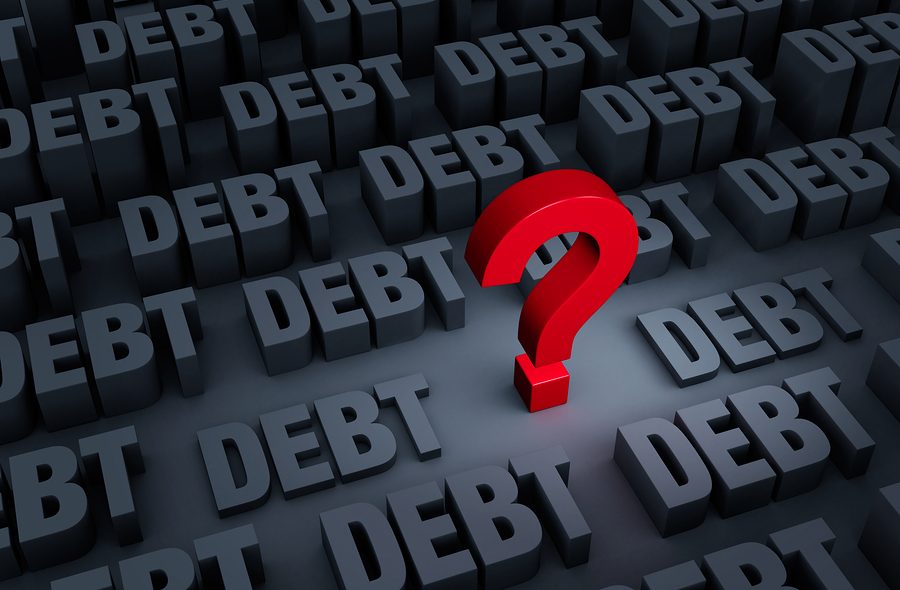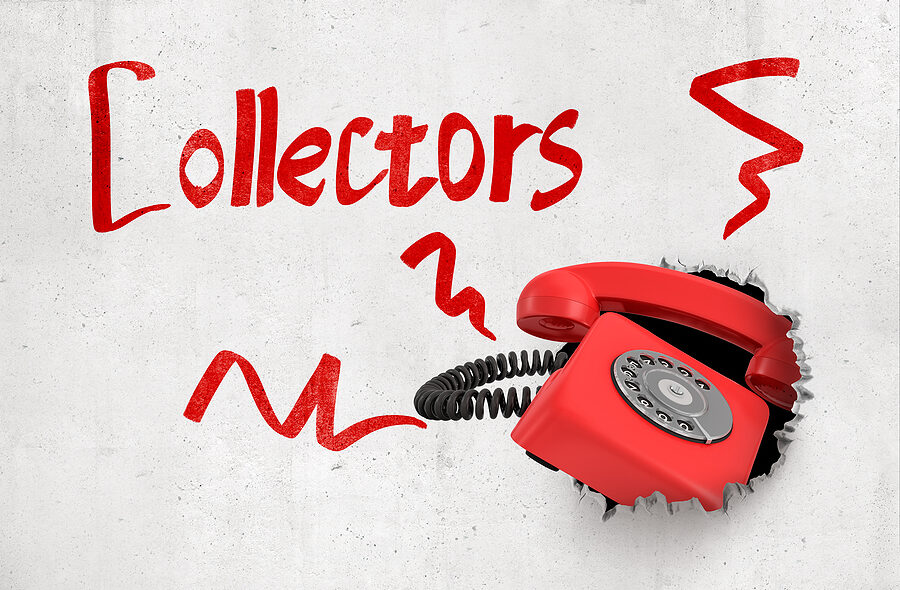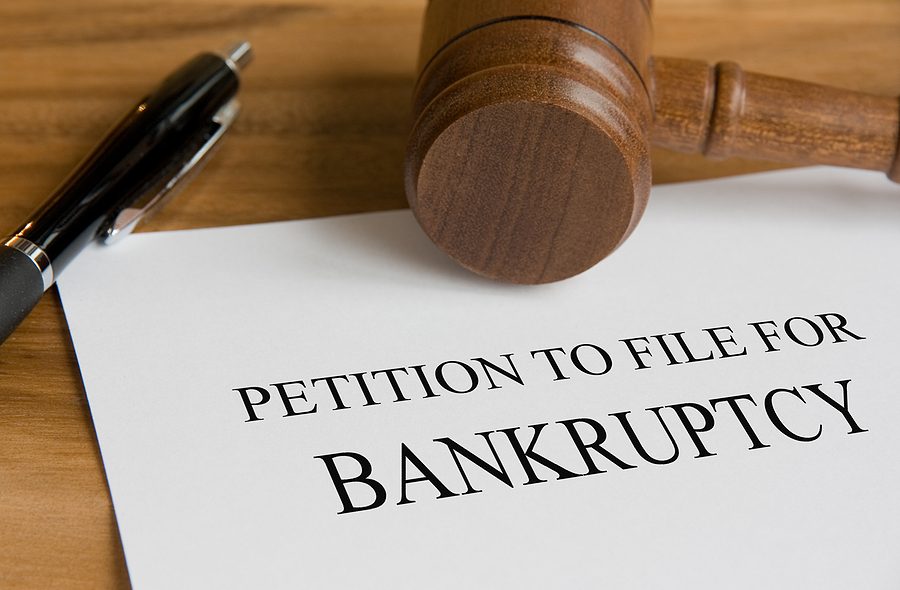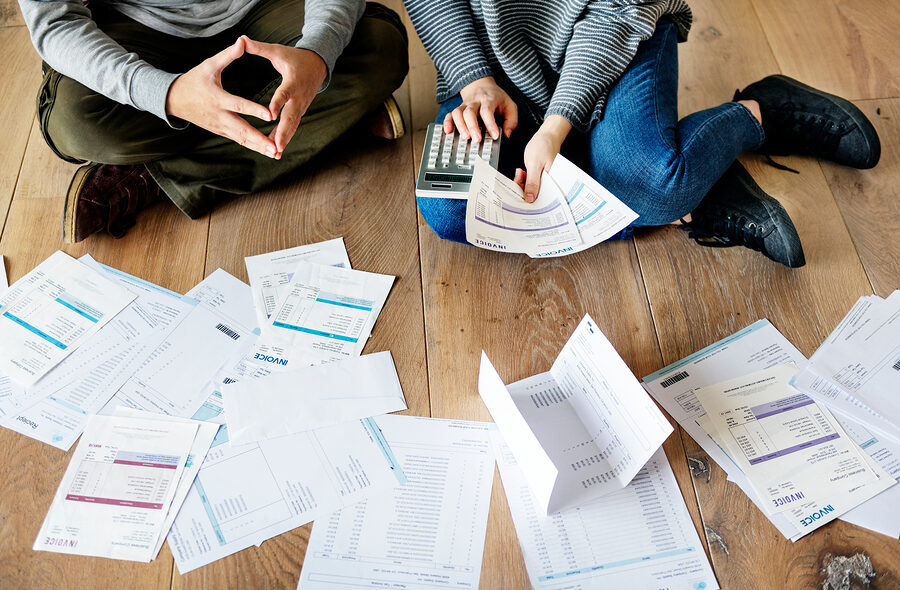A bankruptcy discharge will relieve the filer of his or her debts, which means that the person can walk away with a clean financial slate. However, a bankruptcy case does not remove all debts from the consumer’s credit report. In fact, certain debts and the legal proceedings associated with them can be difficult to remove, including vehicle repossession.
A consumer bankruptcy case, including Chapters 7 and 13, should remove negative marks on the consumer’s credit report. In a Chapter 7 bankruptcy case this is accomplished by liquidating the consumer’s assets that are not otherwise protected under a bankruptcy exemption and using those funds to pay off the consumer’s debts. Those not paid are then discharged at the end of the bankruptcy. Under a Chapter 13 bankruptcy case, the consumer works with the bankruptcy trustee on a repayment plan that lasts between three to five years. At the end of that time, the remaining debts are discharged from the consumer’s record.

